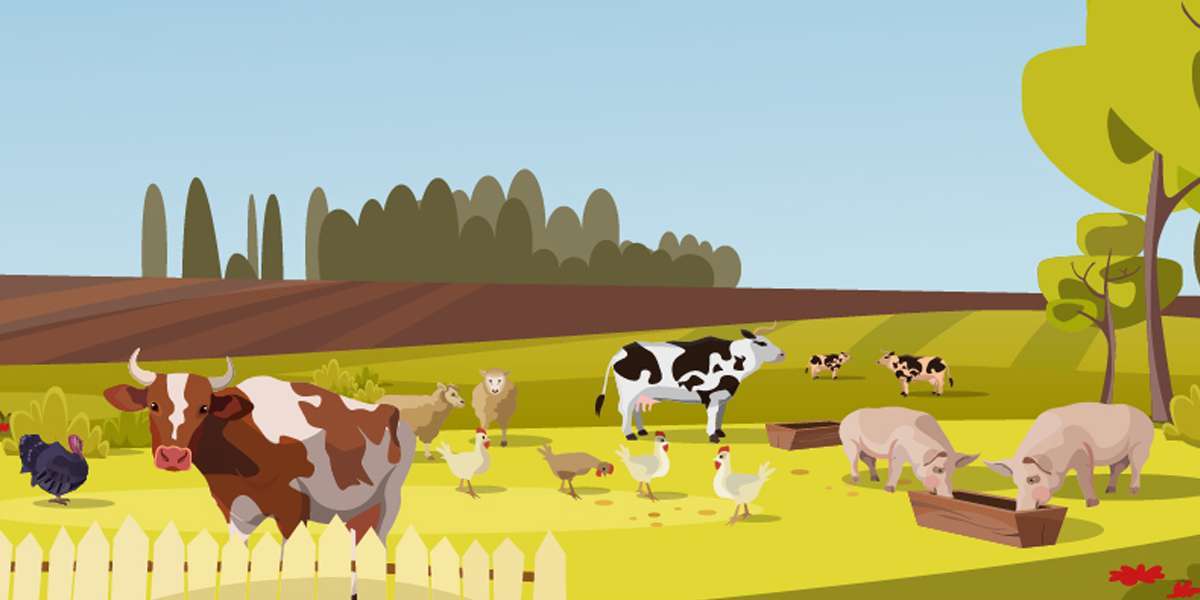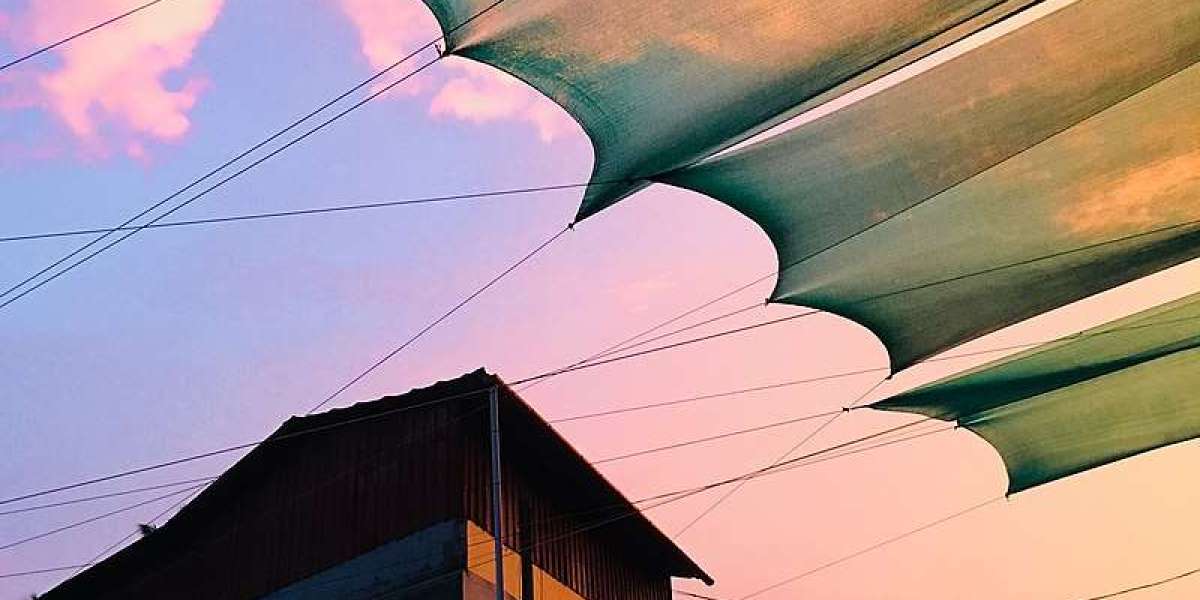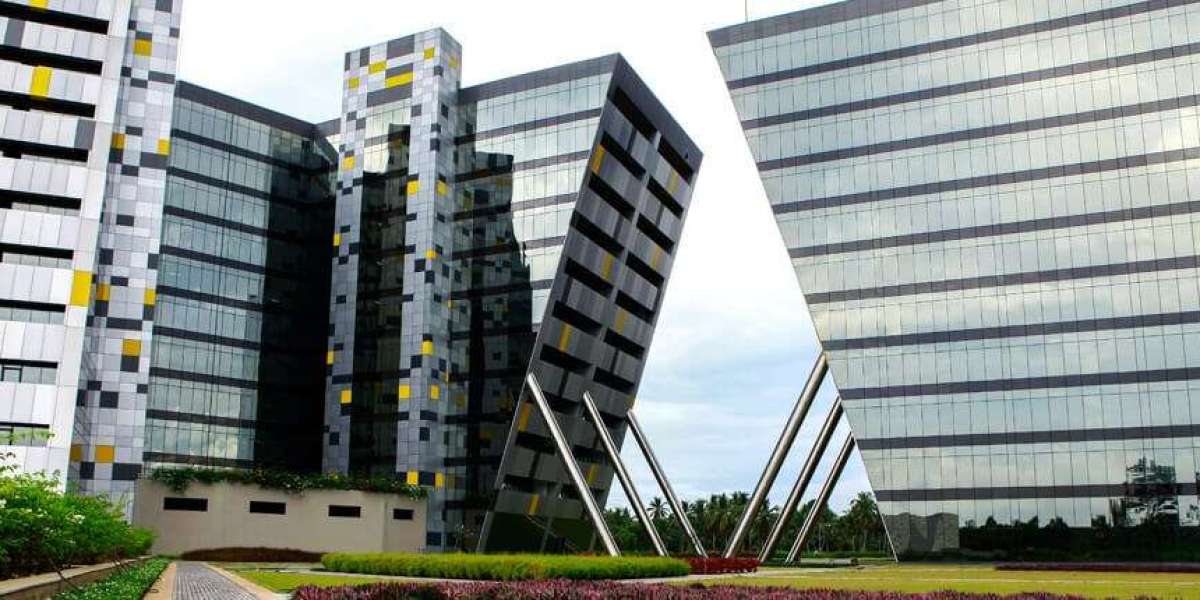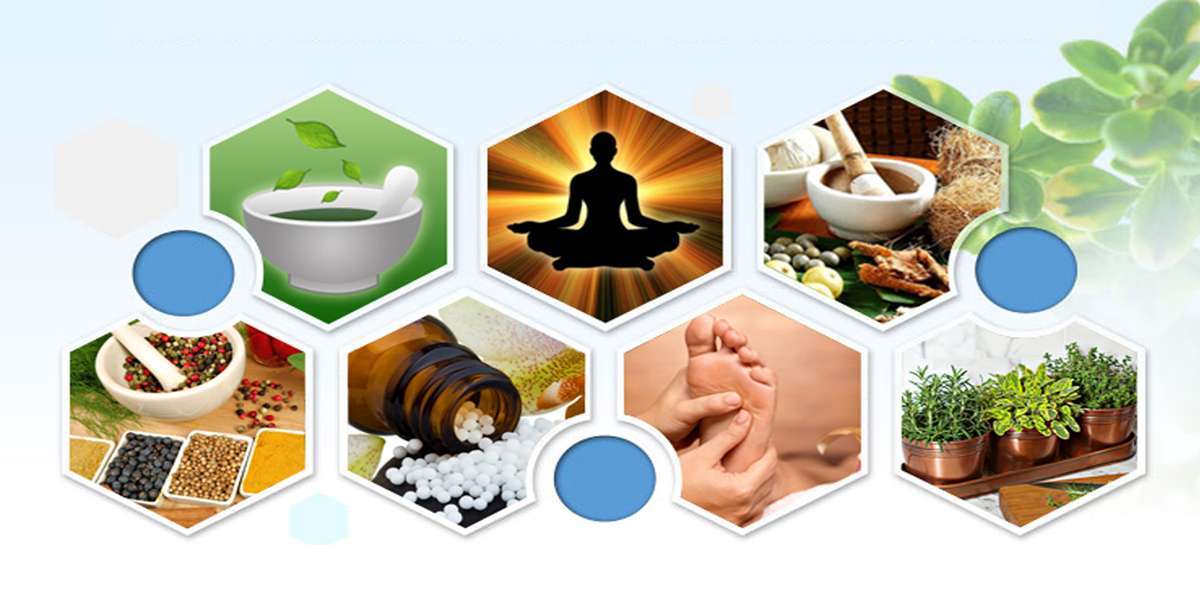Kerala’s livestock economy sustains nearly 14 lakh cattle, 17 lakh goats and close to a lakh pigs, according to the latest state statistics. The public service network that keeps these animals healthy is equally vast: 279 veterinary hospitals/polyclinics, 870 dispensaries and 29 Government-funded Mobile Veterinary Units (MVUs) spread across every district. Yet farmers still lose timeand animalsbecause information about vaccinations, subsidies or emergency care arrives late or not at all.
Weone, the citizen-first super-app built by Initia with Local Self-Government support, can close that gap. Below is a blueprint showing how the Animal Husbandry Department (AHD) can plug into Weone and move from reactive service to predictive, data-driven care.
1. Push-first alerts that beat disease clocks
FMD, HS and Brucellosis drives succeed only if every holding is reached within days. AHD can create an official weone page that auto-pushes hyper-local vaccination schedules, route maps for MVU visits and last-minute rescheduling caused by rain. Because all posts surface as smartphone notifications, even smallholders without television or daily newspapers know exactly when to pen their animals.
Result: higher coverage, less wastage of vaccine vials and fewer outbreaks that cripple rural income.
2. One-tap access to the 1962 emergency helpline
Kerala’s helpline already links callers to the nearest MVU using GPS, yet many owners do not remember the four-digit code in a crisis. Embedding a red “Call Vet 1962” button inside weone eliminates the memory hurdle. With location permission, the app can pre-fill coordinates, speed-dial the call centre and show an ETA for the approaching unit, similar to ride-hailing trackers. Families see that help is on the way, reducing panic and repeat calls to staff.
3. Digital health cards for every herd
At present farmers juggle paper registers for deworming, AI dates and insurance proofs. AHD can allow owners to scan an animal’s ear-tag QR into weone, instantly displaying birth date, insemination history and vaccination ledger. Each clinic visits updates the cloud record; the farmer leaves with a digital receipt instead of another page in a fraying notebook.
For government, anonymised dashboards show coverage gaps by panchayat, making it easier to deploy MVUs or organise flash camps where compliance lags.
4. Seamless link to Ksheerasree subsidies
The Dairy Development Department already accepts online applications for fodder, mineral-mixture and Heifer Rearing Aid through the Ksheerasree portal. weone can surface those scheme cards, guide users through eligibility checklists in Malayalam and push a reminder three days before the July 20 closing date. Auto-alerts when files move from “Received” to “Sanctioned” end the familiar round-trip to the Krishi Bhavan notice board.
5. Tele-expertise for field vets
Kerala just rolled out a mobile veterinary surgery unit in Thiruvananthapuram that begins its day with three booked procedures. Through weone, a field veterinarian can live-stream complex cases to the surgical team, get instant advice and decide whether to refer the animal to the on-wheels OT. The same video room can host fortnightly CME sessions with KVASU professors, raising clinical standards without pulling doctors away from their stations.
6. Marketplace for fodder, chicks and bio-inputs
A built-in weone “Agri-Mart” lets certified feed mills, hatcheries and vaccine suppliers list inventory so farmers compare prices before placing orders. Because sellers must register with their drug licence or feed-mill code, the Department gains an indirect traceability tool that discourages counterfeit medicines and sub-standard concentrates.
7. Crowdsourced disease surveillance
Weone’s report-an-incident tile encourages farmers to upload geotagged photos of unusual lesions or sudden mortalities. Suspect FMD blisters in Alappuzha appear on an AHD disease-heatmap within minutes; block officers can dispatch a team instead of waiting for weekly paper returns. Early detection spells faster containment and lower compensation payouts.
8. Performance scorecards that matter
Because every vaccination, subsidy approval and MVU call generates a digital stamp, AHD headquarters can publish panchayat-wise service scorecards each quarter. Elected members see how their ward compares, while citizens gain a transparent yardstick to push for better coverage. Healthy competition replaces opaque paperwork.
The Pay-off
- Faster care: MVUs arrive sooner; surgeries happen at the nearest hub.
- Higher scheme uptake: Push reminders stop farmers missing subsidy windows.
- Data-driven policy: Real-time dashboards expose service deserts.
- Trust & transparency: Digital receipts replace opaque files; citizens see what government spends and where.
Kerala already hosts India’s most extensive grassroots veterinary network. Weone turns that physical backbone into a smart, citizen-centred nervous system—delivering healthier animals, steadier farm incomes and a more accountable state department. In short, weone is the missing link between a world-class veterinary service and the everyday farmer who needs it the most.







